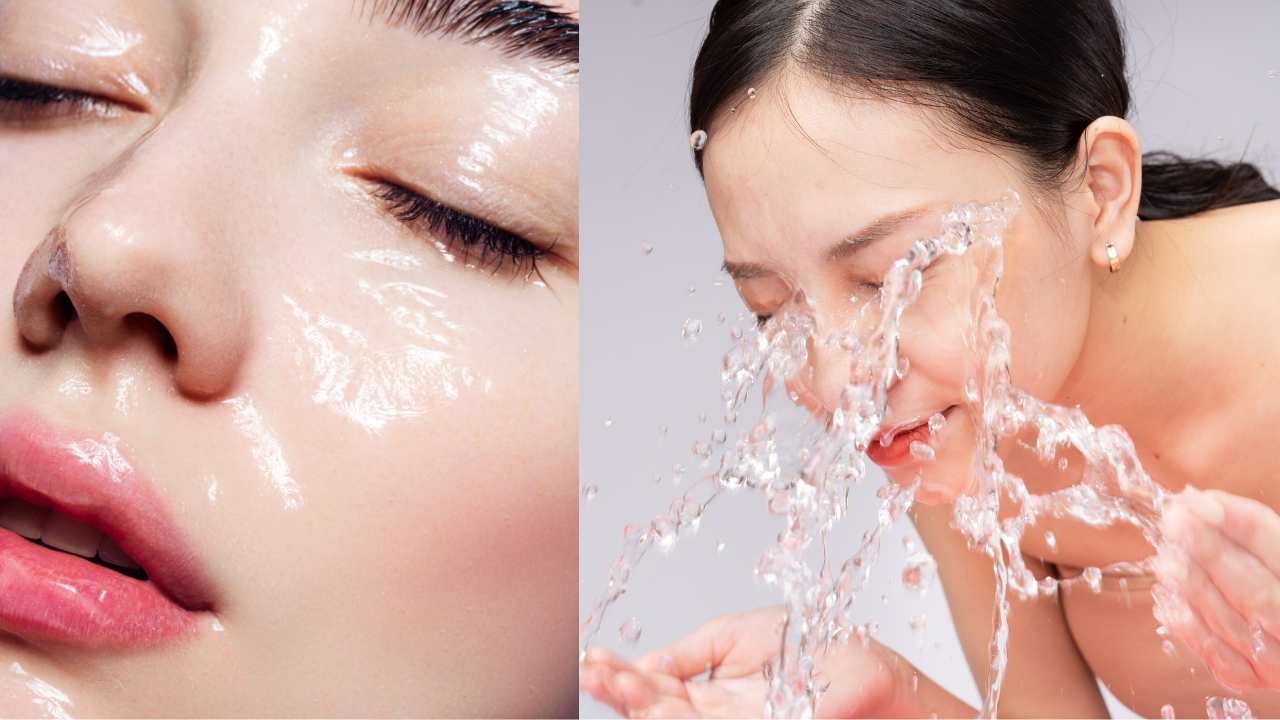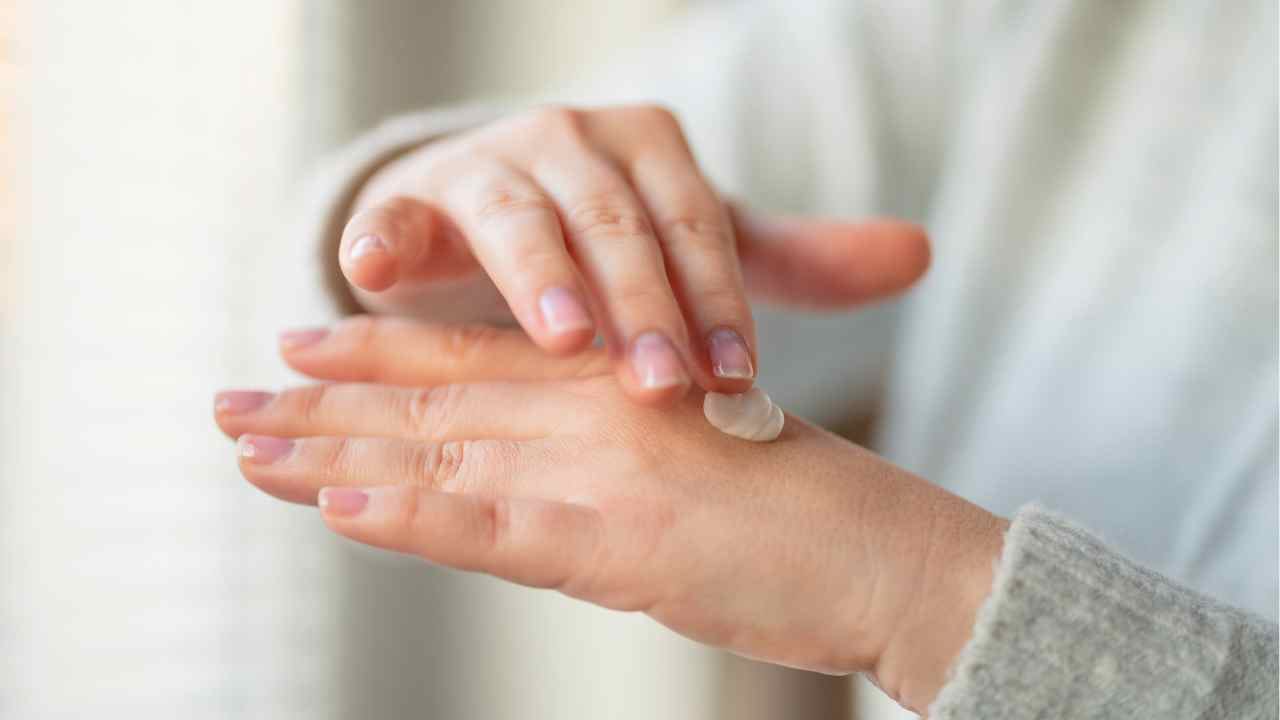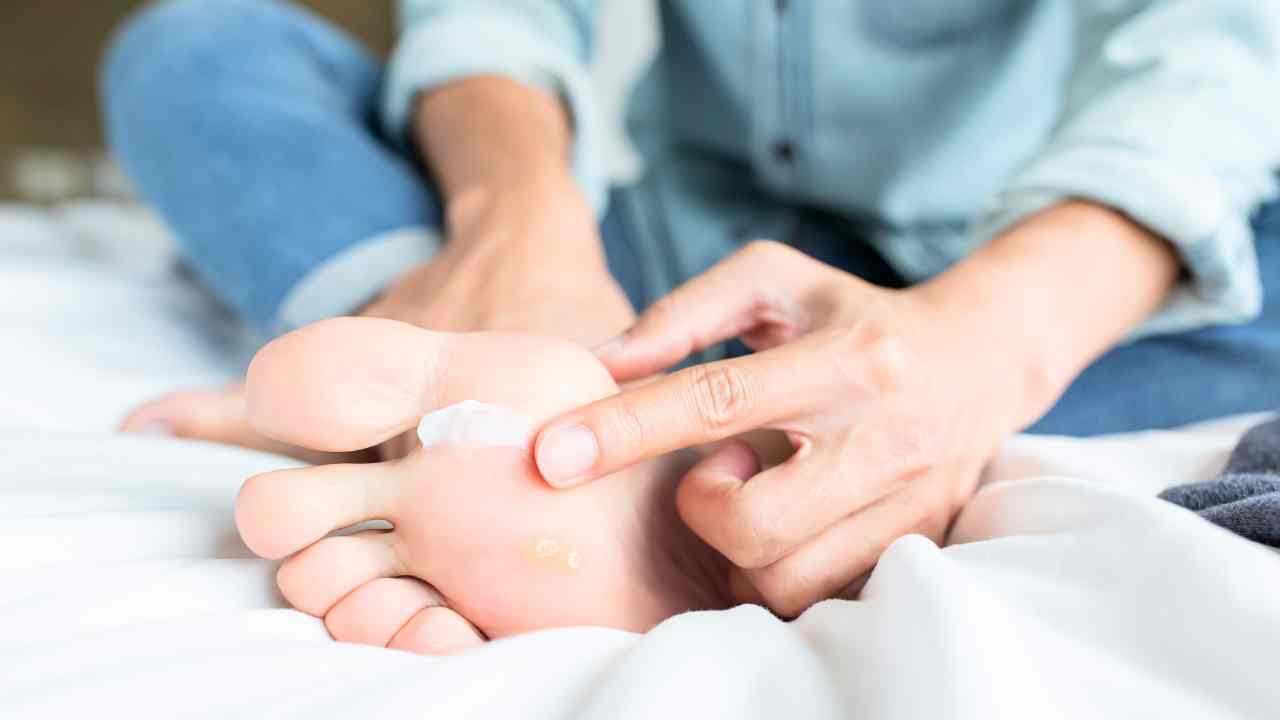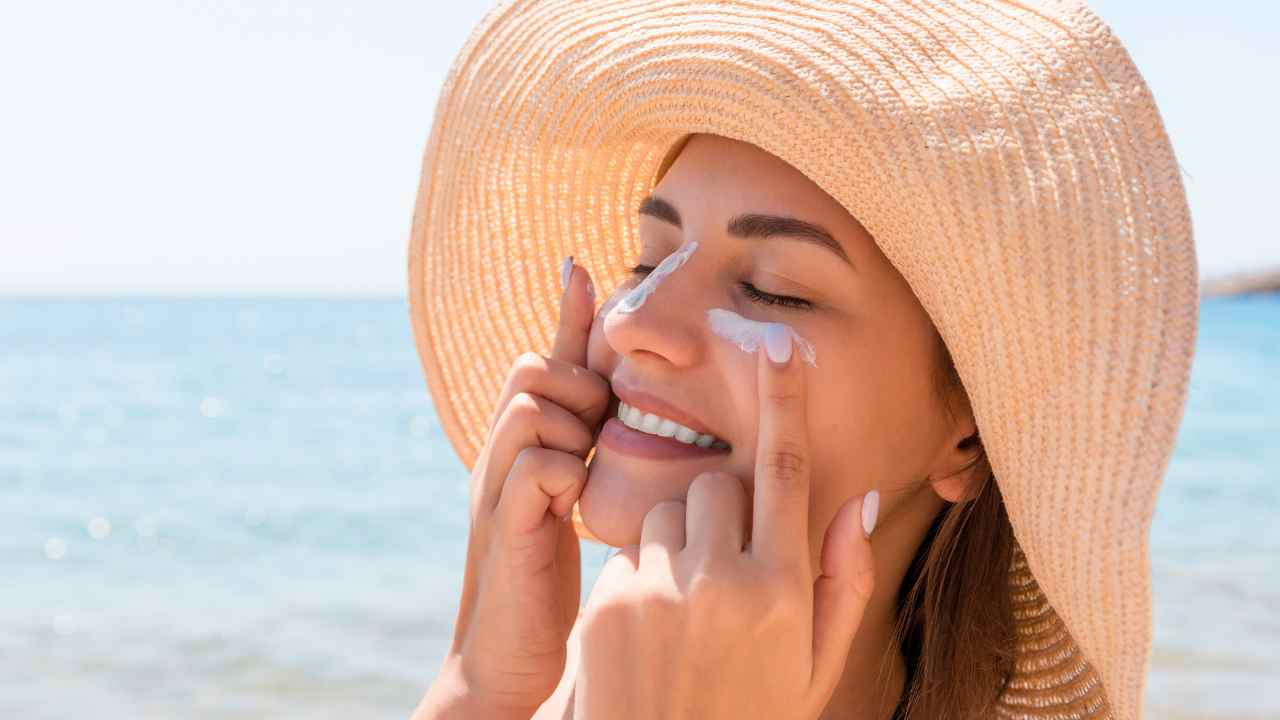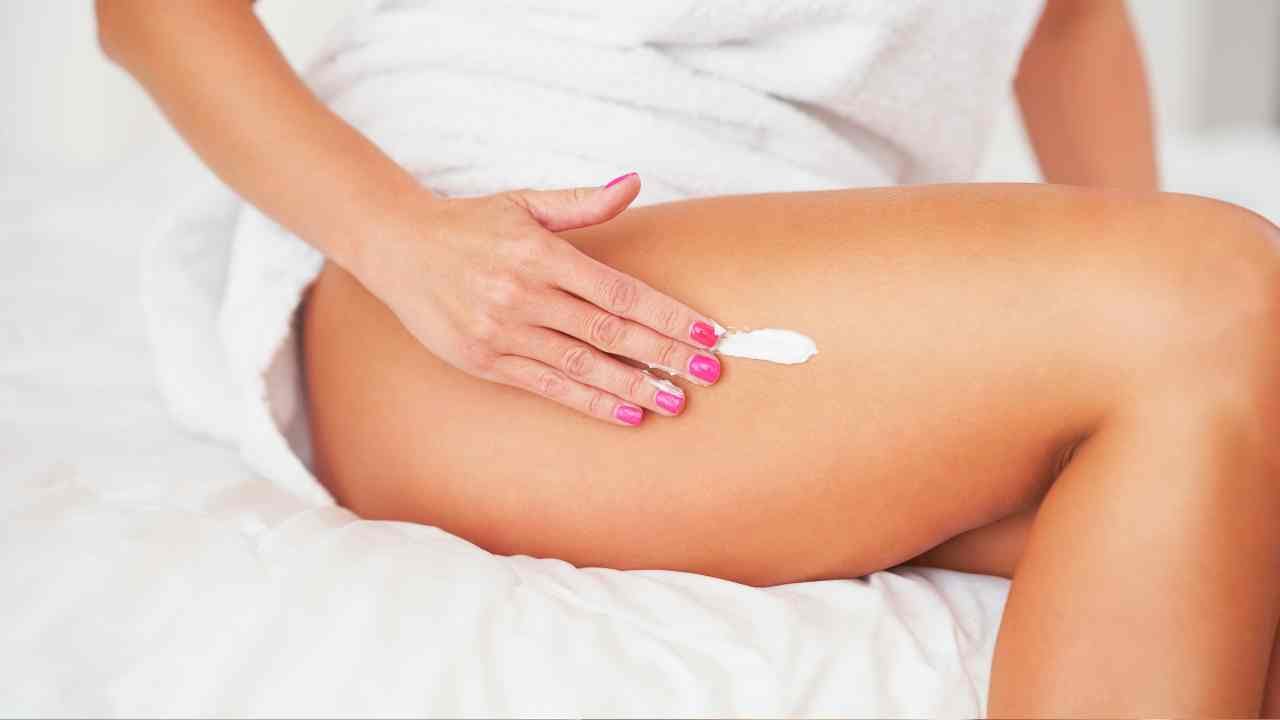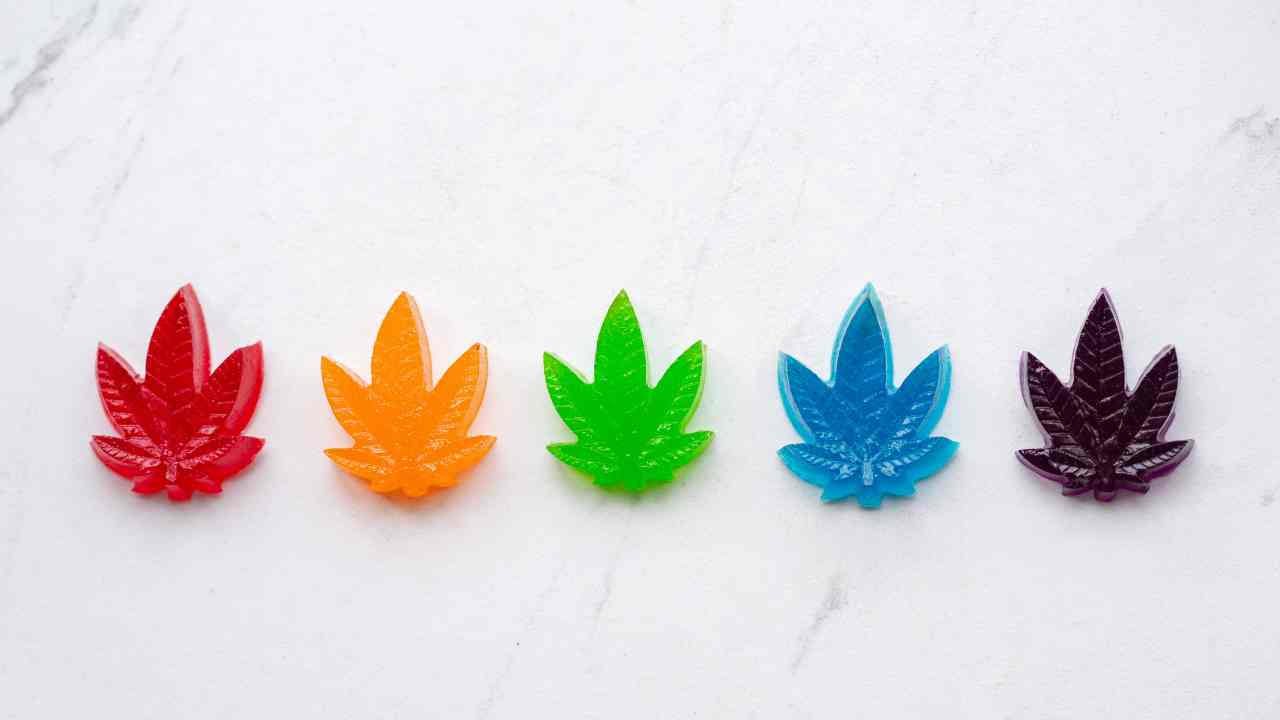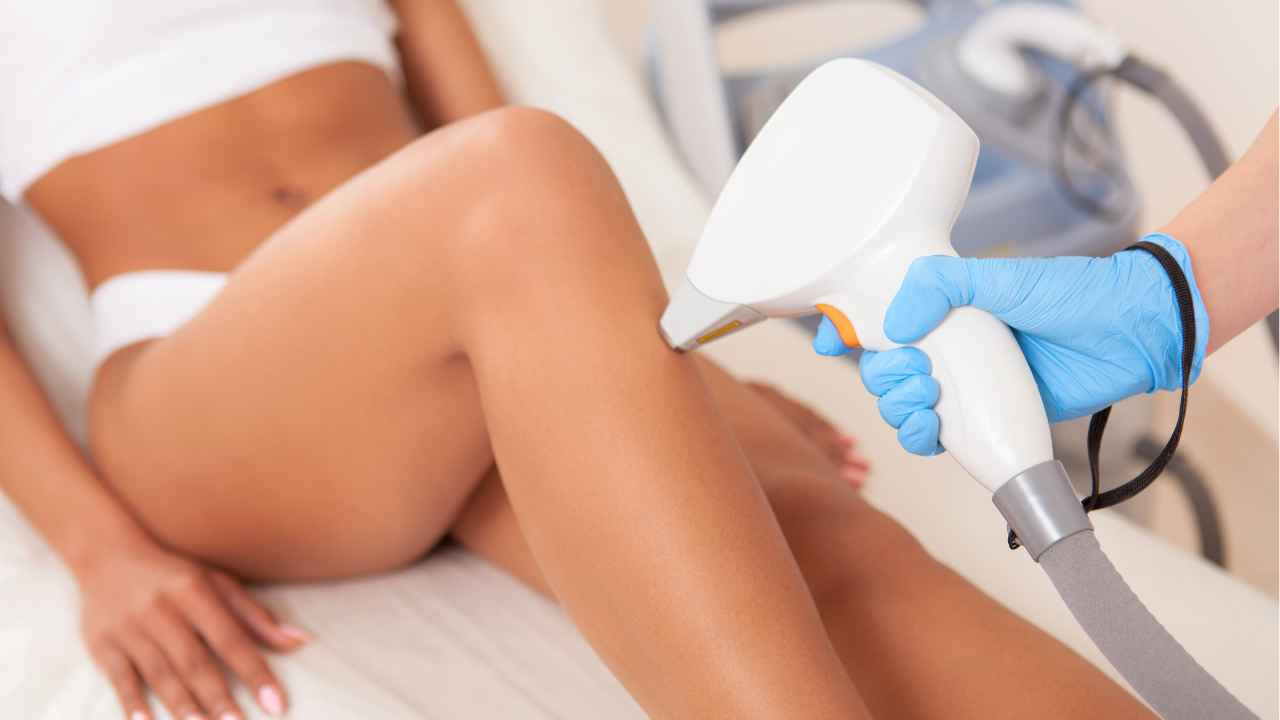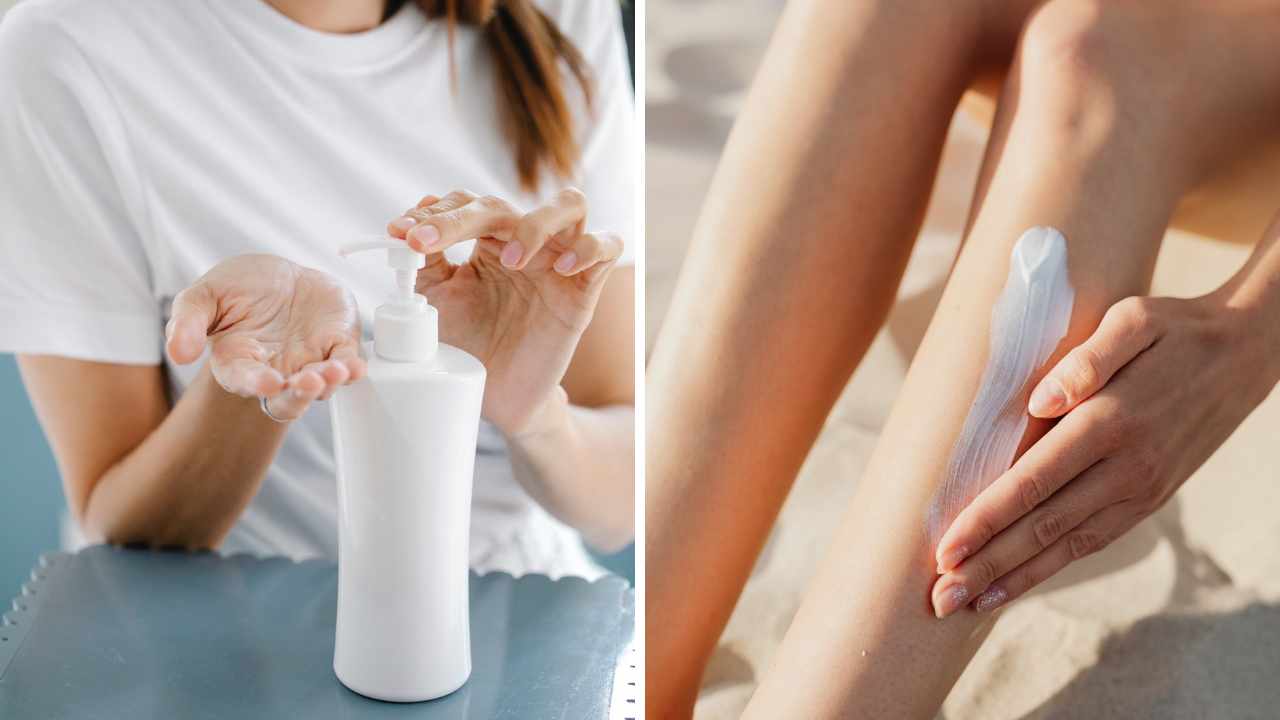
Tell Me Why is My Skin So Dry Even When I Moisturize?
If you’ve ever asked yourself, “Why is my skin so dry even when I moisturize it?” then you’re not alone.
Many people struggle with dry skin and don’t know the root causes of why their skin continues to be so dry despite regular care.
There can be a variety of reasons why your skin feels tight and dry — from the air around you, to the products you use and even your daily habits. But don’t worry!
We have all the answers here, giving you everything you need to know about how to combat this pesky problem and get hydrated skin.
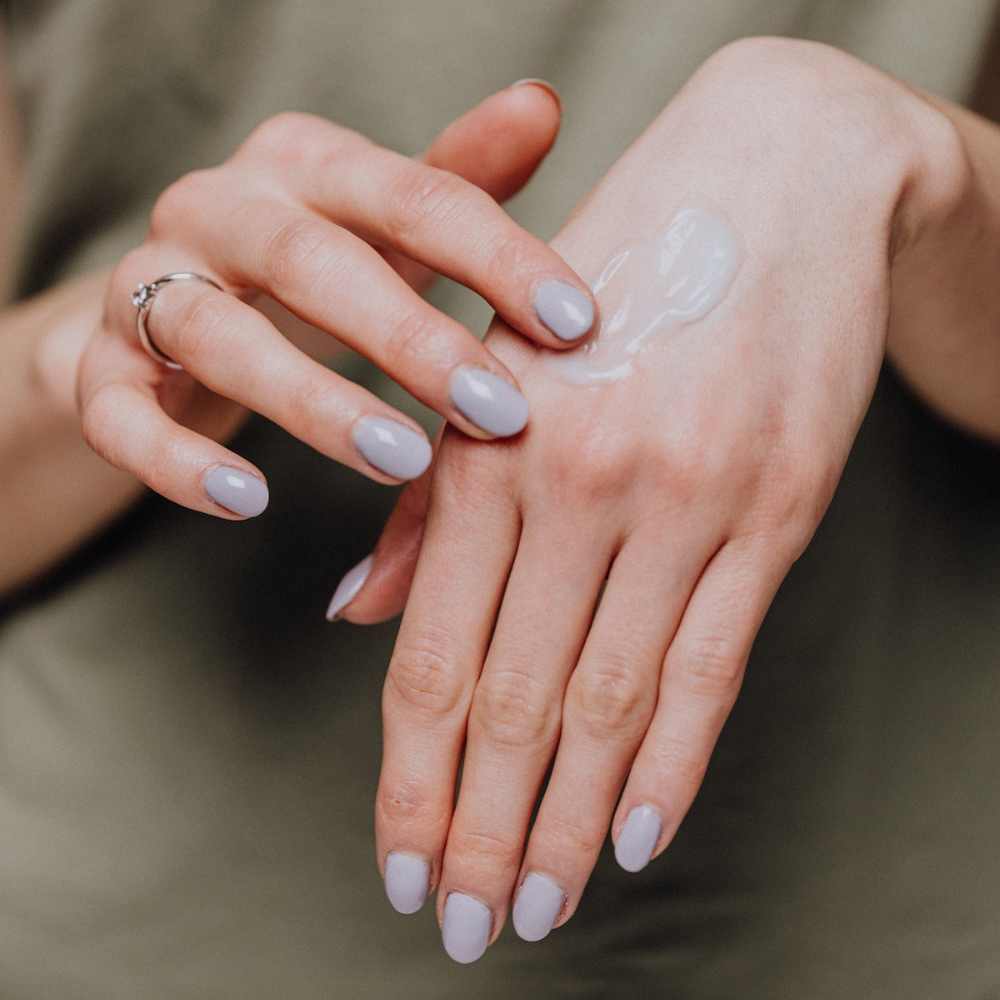
What Causes Dry Skin?
Dry skin is a common problem that can affect people of any age or gender.
The primary cause of dry skin is a lack of moisture in the outermost layer of the skin.
This lack of moisture can be due to environmental factors, certain medical conditions, and even lifestyle choices.
Environmental Factors
Environmental factors are among the most frequent causes of dry skin.
Too much exposure to chlorinated water, soap, hot weather and cold wind all reduce our body's natural production of natural oils which keep our skin moisturized.
Some soaps contain harsh detergents that strip these oils off your face as you wash it away; this often results in extremely dry and flaky skin.
If you live in an area with low humidity levels (especially indoor), that can also lead to dehydrated skin since humidity helps hold onto water molecules on your face better than air without it does.
And cold weather can impact skin's hydration, especially if you live in a windy climate.
Not Drinking Enough Water
Sometimes the cause of dry skin is simply not drinking enough water; this leads to dehydration which can make your skin feel parched and tight.
Medical Conditions
Certain medical conditions and skin conditions are also linked with dryness on our faces - namely diabetes, hypothyroidism and atopic dermatitis (eczema).
All three disorders disturb the normal balance between oil production on our faces and water retention levels; thus resulting in flakiness or extreme tightness after washing the face or after being exposed to windy or hot weather for long periods.
Additionally, if you're taking medication that has beta-blockers like blood pressure medicines as one its components then unfortunately those tend to reduce sweat secretion which leads further towards dehydrated facial areas too!
Skin Care Routine
Lastly but not least – lifestyle plays a huge role when it comes down to having healthy looking soft smooth arms and faces throughout life:
First – try avoiding over-washing your face by using gentle cleansers instead while still making sure they cleanse dirt away sufficiently.
Harsh skincare products like cleansers with sulfates or toners with high alcohol content can make your face feel dry as they strip away moisture from your skin barrier.
You may also be using the wrong moisturizer. Investing in good quality moisturizers specifically manufactured for different skin types, especially products high aloe vera content, help immensely!
Try a hydrating serum with hyaluronic acid to pull moisture to your skin.
Lastly giving yourself regular spa days where you apply hydrating masks including honey based ones help keep any signs of dehydration away too!
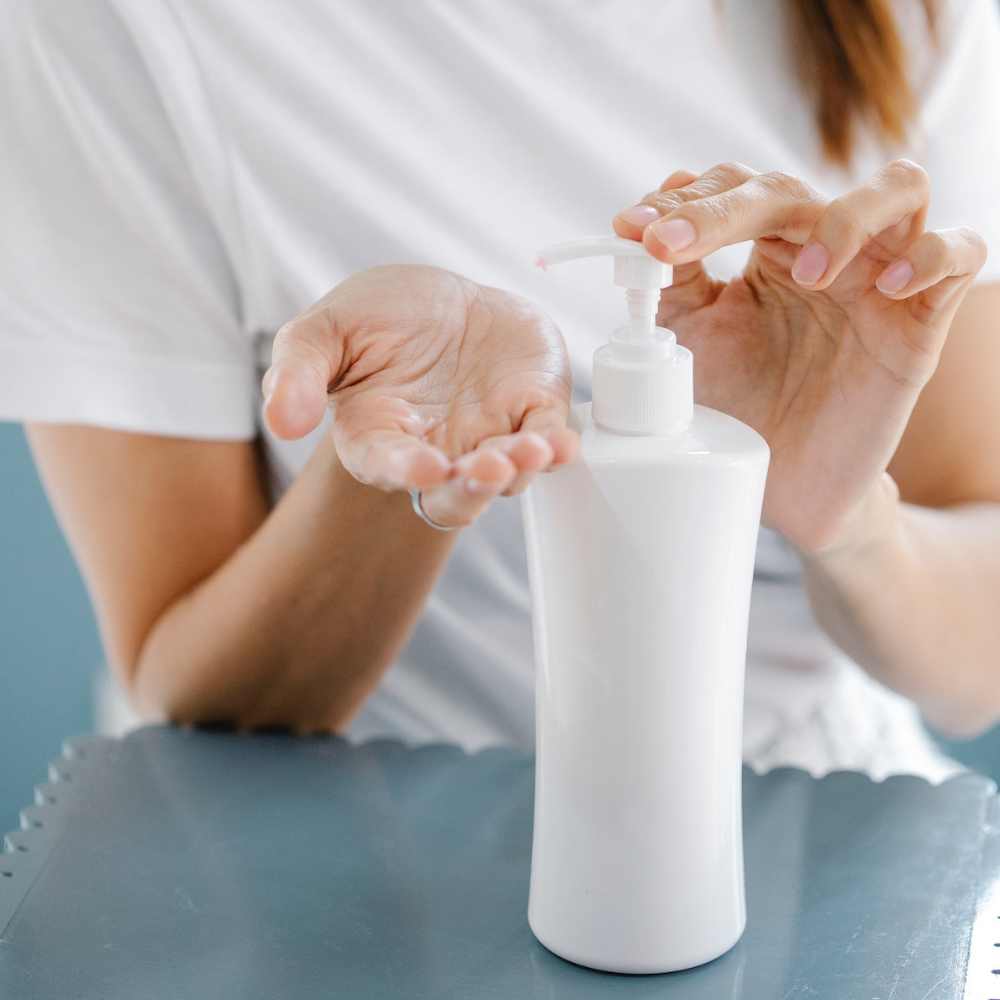
How Can I Treat Dry Skin?
The best way to treat dry skin is with a proper skincare routine that helps restore moisture levels in the skin barrier.
Start by switching out any harsh cleansers for a gentle cleanser that doesn't contain any sulfates or alcohol-based ingredients.
Opt for something mild yet effective like Cetaphil Daily Facial Cleanser or Neutrogena Ultra Gentle Hydrating Cleanser instead.
Additionally, look for a hydrating toner and moisturizers specifically designed for people with a dry skin type that contain hydrating ingredients such as hyaluronic acid or glycerin.
Aveeno Daily Moisturizing Lotion and Kiehl's Ultra Facial Cream are both great choices that will help keep your face hydrated throughout the day.
You can also dab small amounts of Vaseline on especially dry patches to help them heal. You can even try this method on dry skin under the eyes.
Moreover, make sure you're drinking lots of water throughout the day (at least 8 glasses) in order to stay hydrated from within; this will reduce overall dehydration and help keep your skin from feeling too tight in the long run.
What Are Some Extra Tips For Dealing With Dry Skin?
If you want extra tips on how to deal with dry skin beyond just using hydrating skincare products, try these suggestions below:
• Exfoliate once a week - Use an exfoliator made specifically for sensitive skin or dry skin types to exfoliate dead skin cells and flaky skin away. This can help remove the top layer so your skin regenerates faster.
• Use oil-based products - Oils such as jojoba oil or rosehip oil are great options because they replenish lost moisture in the skin barrier that people with oilier skin already have naturally.
Just make sure you use an oil with a low comedogenic rating so it won't cause clogged pores.
• Avoid hot baths/showers - Hot water strips away oils in the epidermis layer.
• Apply a humidifier in drier climates - A humidifier will help keep moisture levels up inside your home or office space, especially during the winter months.
• Wear sunscreen everyday - Sun damage can further exacerbate existing cases of dryness on the face and body.
Ultimately, there's no single solution to treating dryness because everyone's needs are different when it comes to skincare.
However, by following these tips above and keeping an eye out for new product releases, you should be able to find something that works best for keeping your skin hydrated.
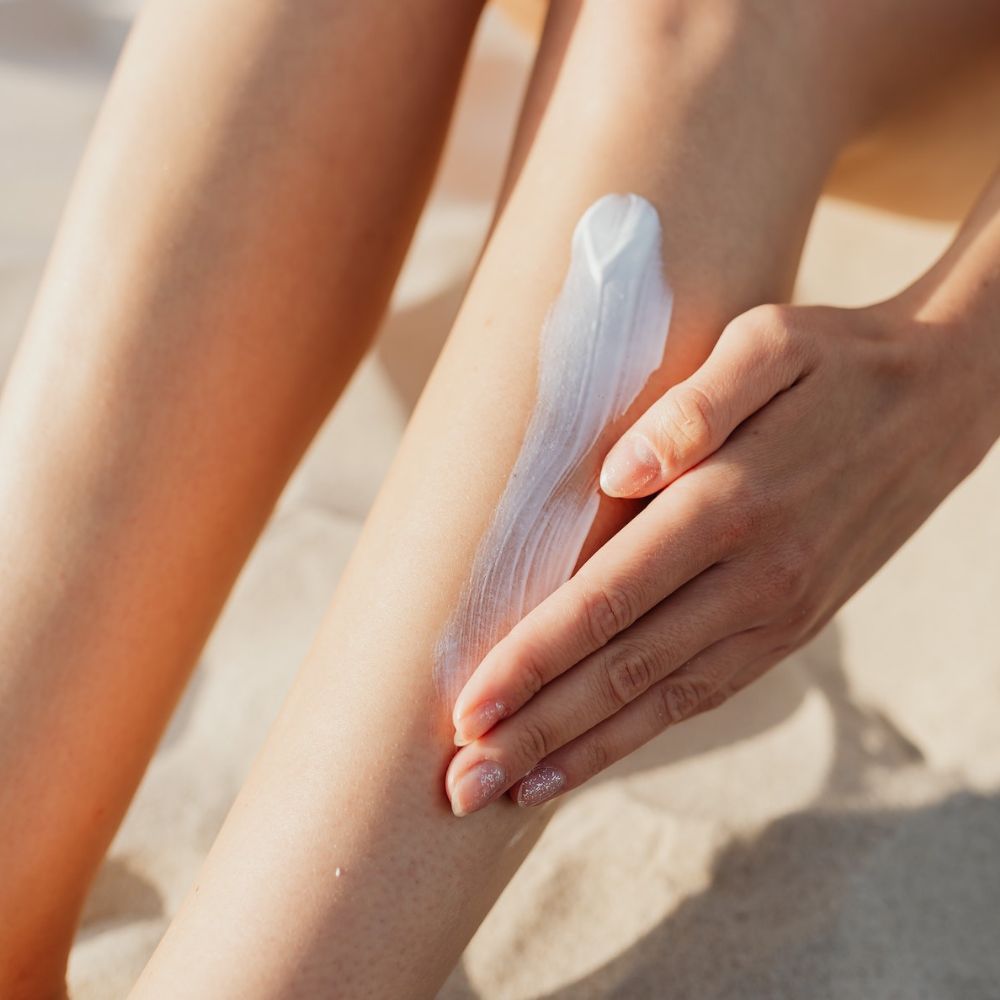
From Dry to Dewy
No matter what type of routine you follow for treating dryness on your face and body, it all comes down to finding what works best for YOU!
Everyone has different needs when it comes to their skincare regimen.
Some may need more exfoliation while others may need more hydration.
But ultimately it's important to experiment until you find something that works best given your specific skin health.
By taking into account all aspects involved with treating skin dryness (such as hydration levels within and outside of the body), chances are high that if done correctly then relief should come soon enough!



